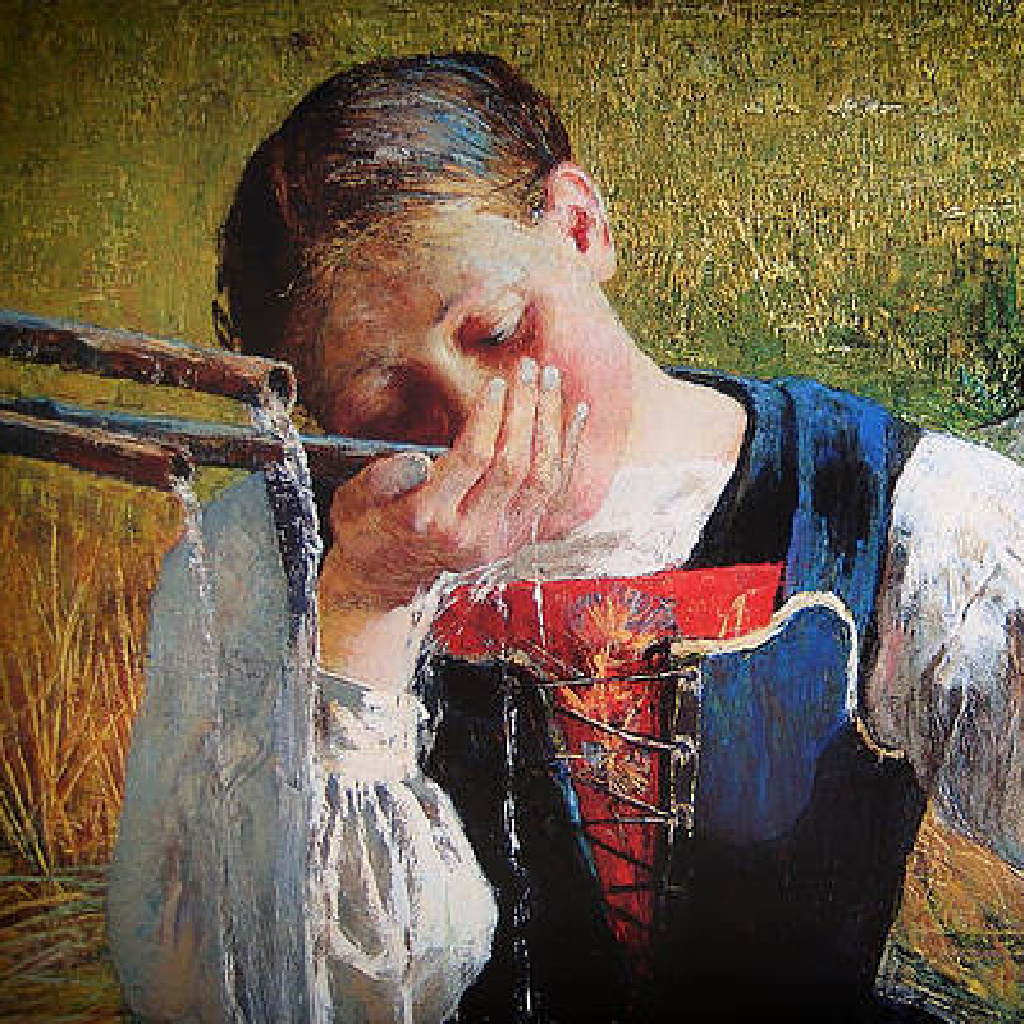
Wanting Jesus
Believers talk a lot about seeking and following Christ, but do we want Him more than all the other many delicious offerings around us? Not always so much.

Believers talk a lot about seeking and following Christ, but do we want Him more than all the other many delicious offerings around us? Not always so much.
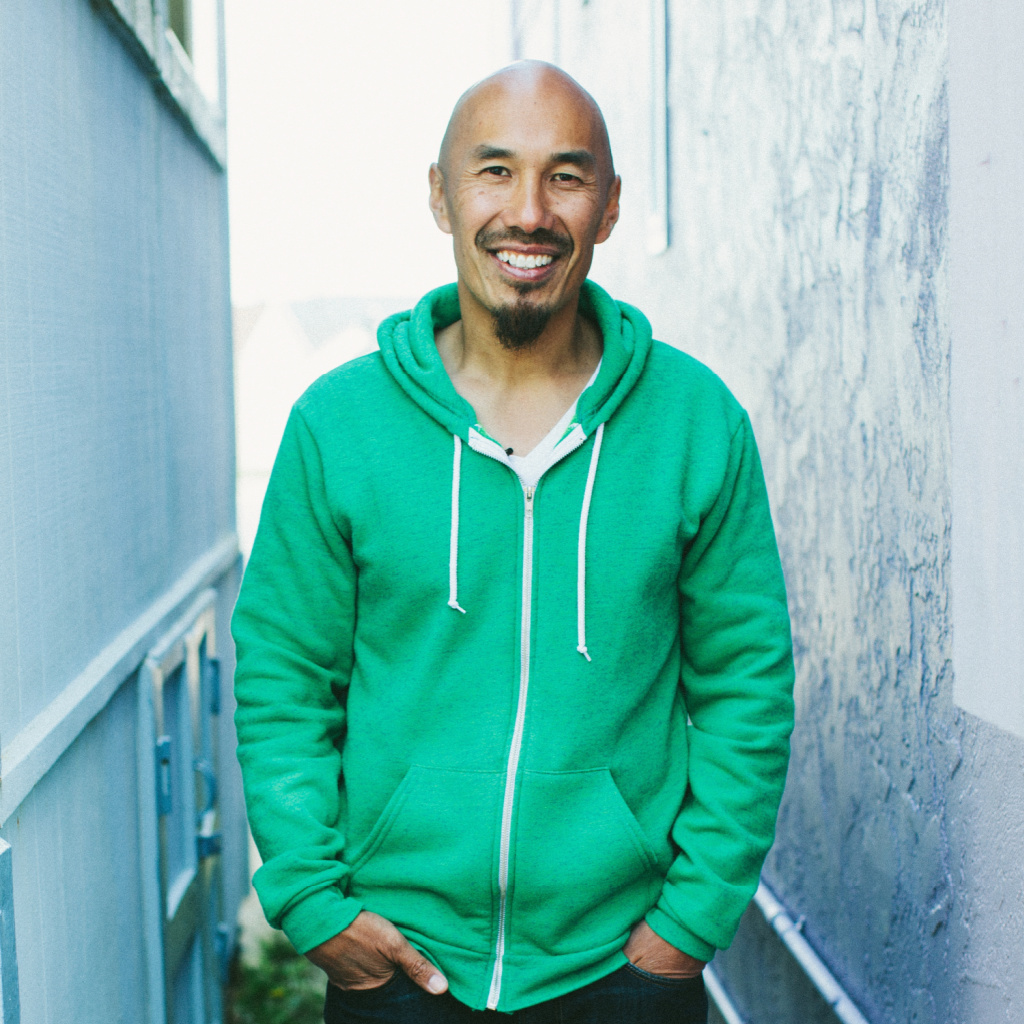
A conversation with Francis Chan—the extended version of an interview that appeared in Deseret News Magazine.
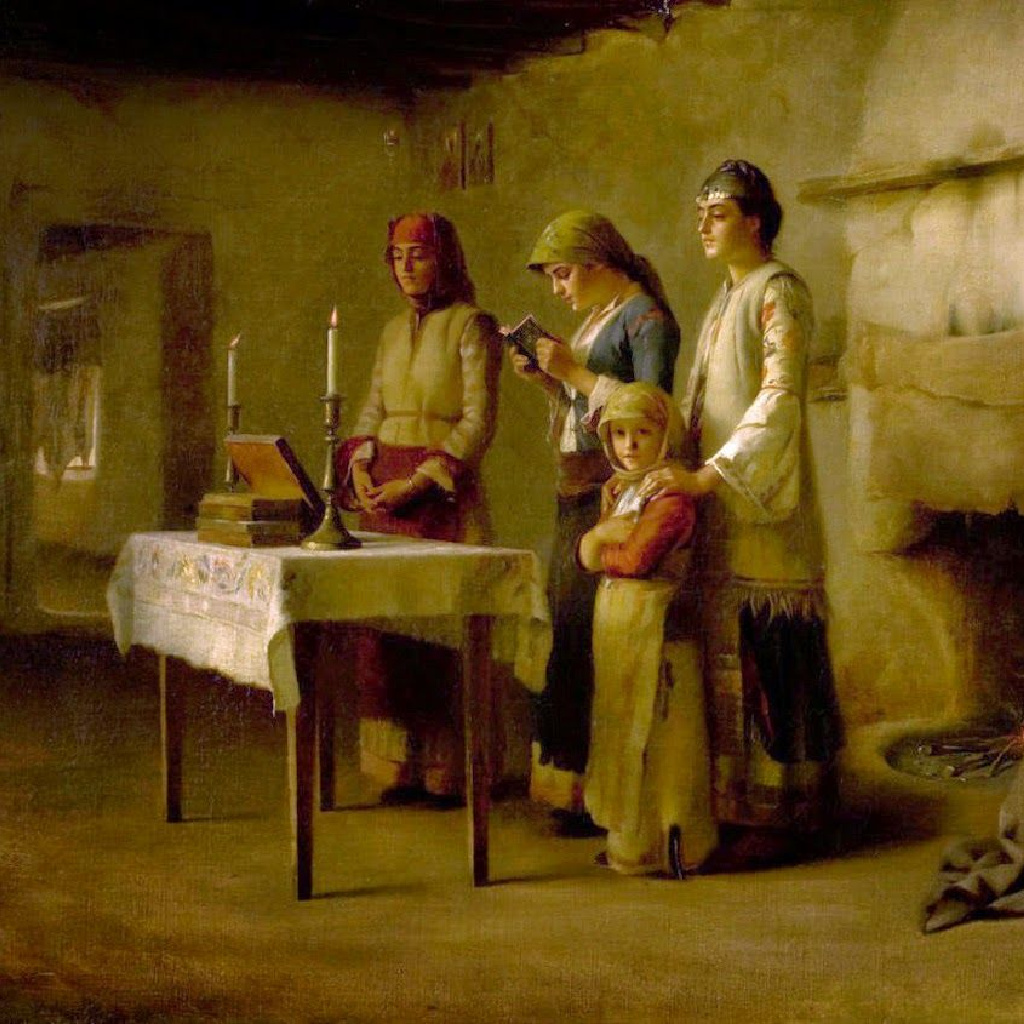
Our own religious lives can be enhanced by seeking out good wherever we find it—including through religious pluralism.

As the “great machine of pleasure and happiness” of our modern society expands, so also does our dependence on this larger system. Does the innate “inquietude” and “unease” say something about the ongoing shrinkage of our own souls this entails?

How can we foster kindness and softness in our own extended families and homes these holidays? Here are some thoughts.
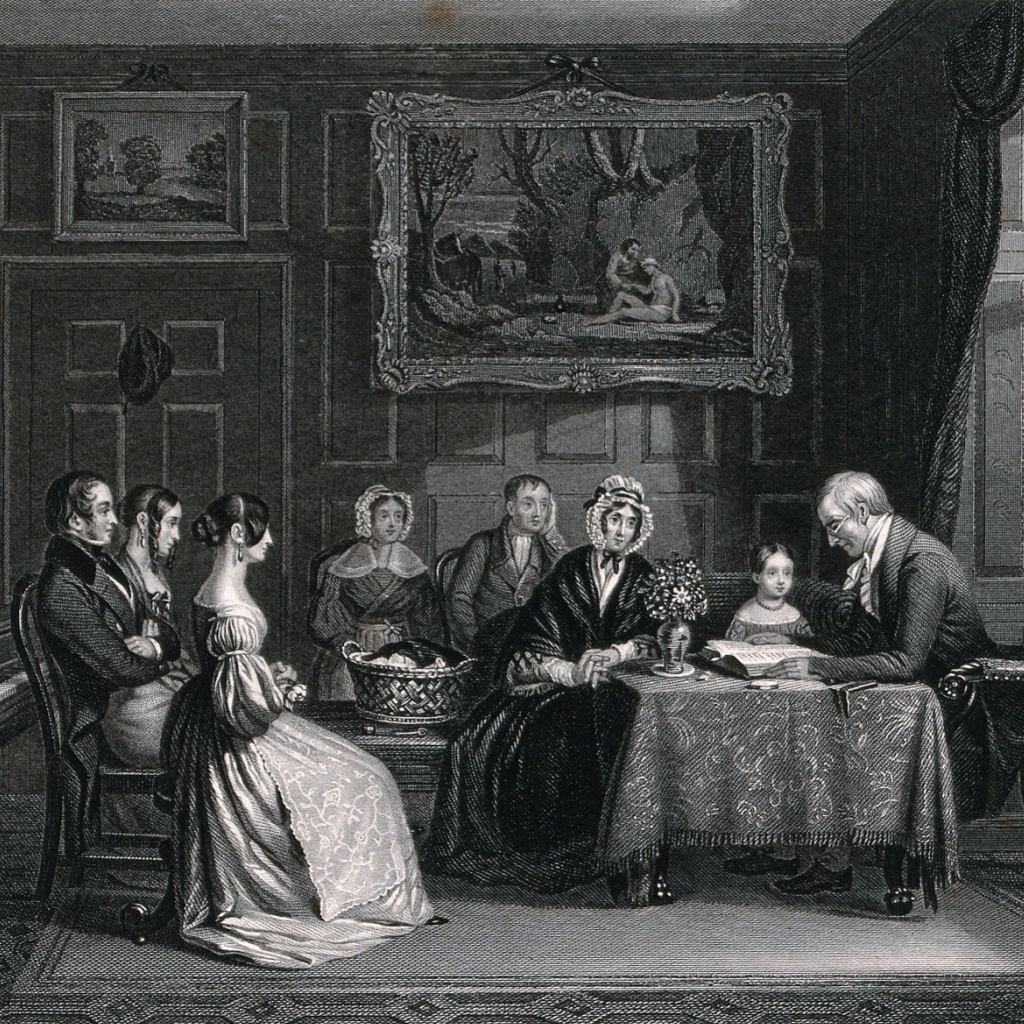
Those who adhere to America’s largest faith tradition, Evangelical Christianity, report that their faith gives them tools such as conflict resolution and forgiveness that help their families’ lives.
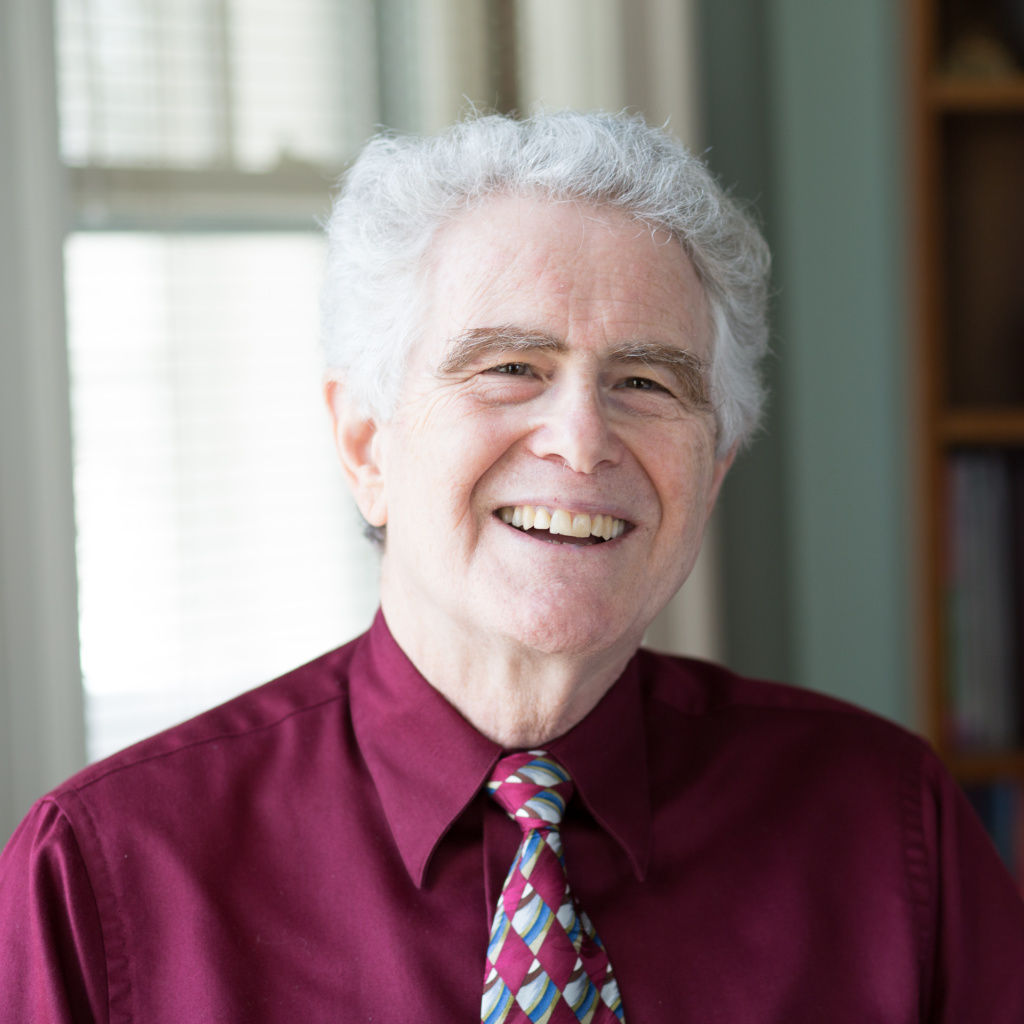
A tribute to a friend, teacher, and mentor to many young dialogue practitioners—including myself. Dave passed away October 25, 2021, and was memorialized this last weekend in Rhode Island.
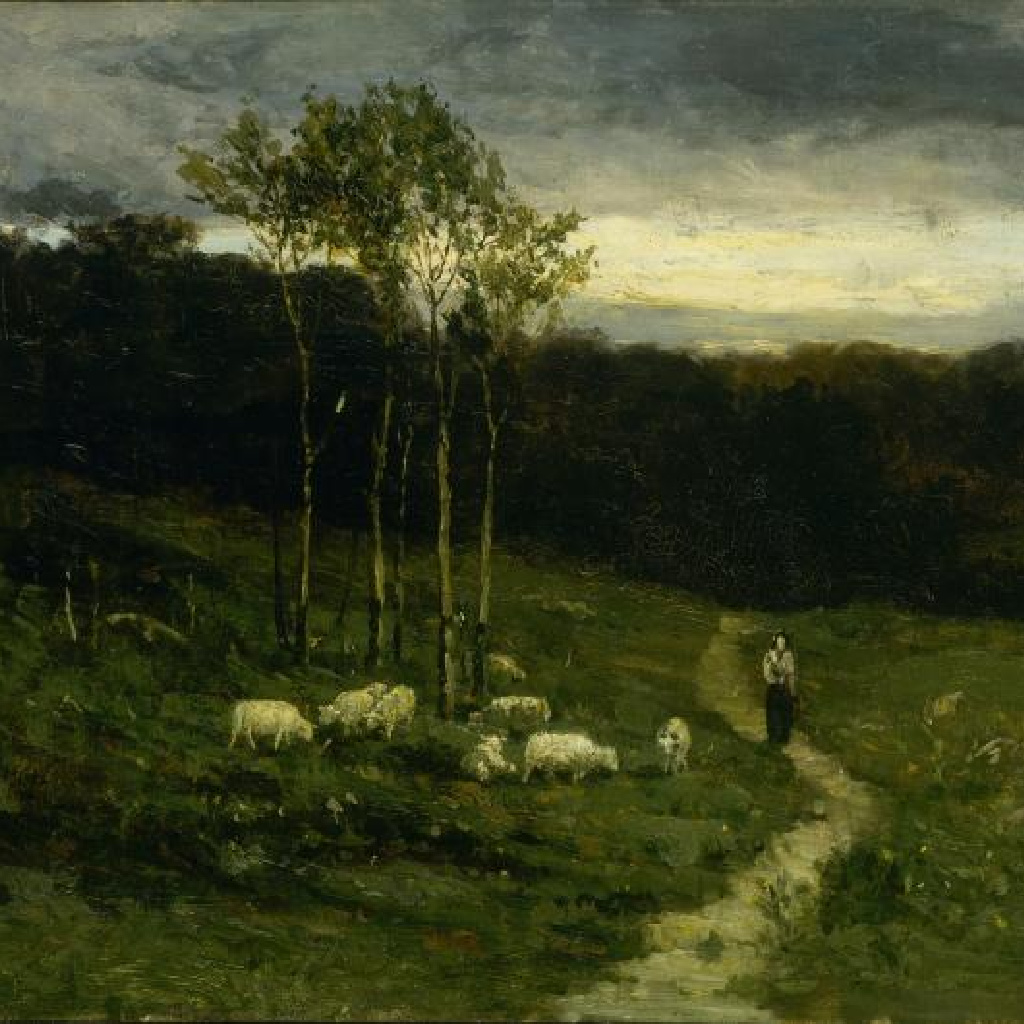
When our paths seem uncertain and God seems far away, we would do well to remember that uncertainty and revelation are important parts of the faithful life.
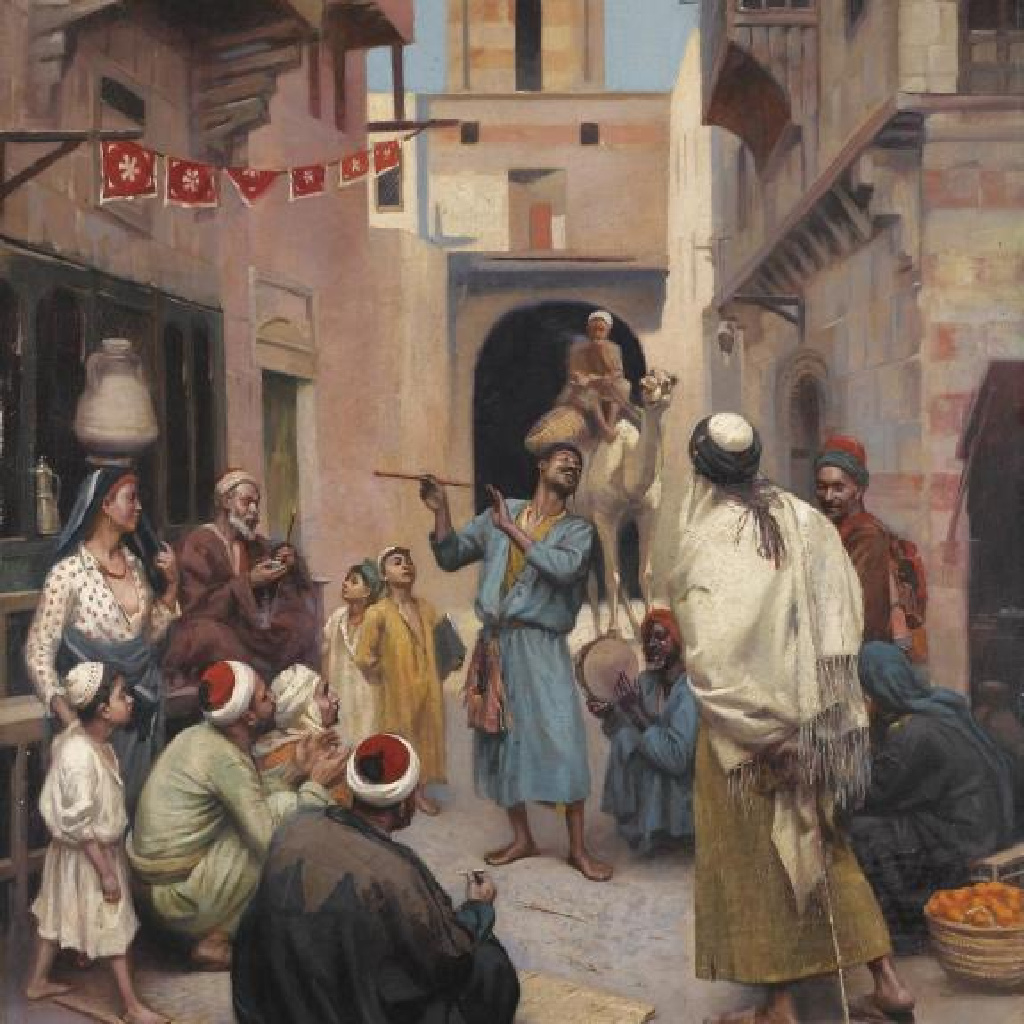
The faith of Muslim Americans is often manifest not just in their beliefs but in their desire to live out their beliefs or “walk the walk.”
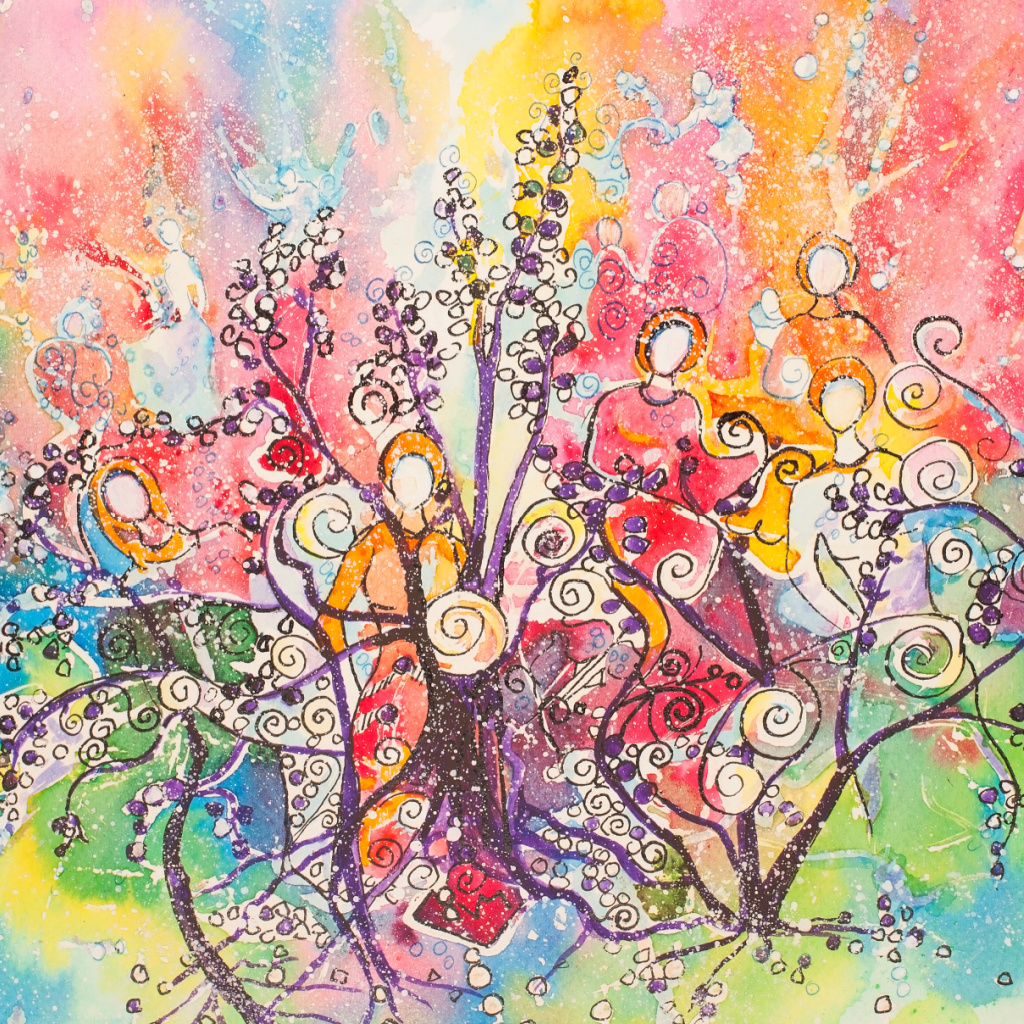
The “Certain Women” exhibit in Salt Lake reveals how Latter-day Saint women perceive the divine, including the unique doctrine of Heavenly Mother.
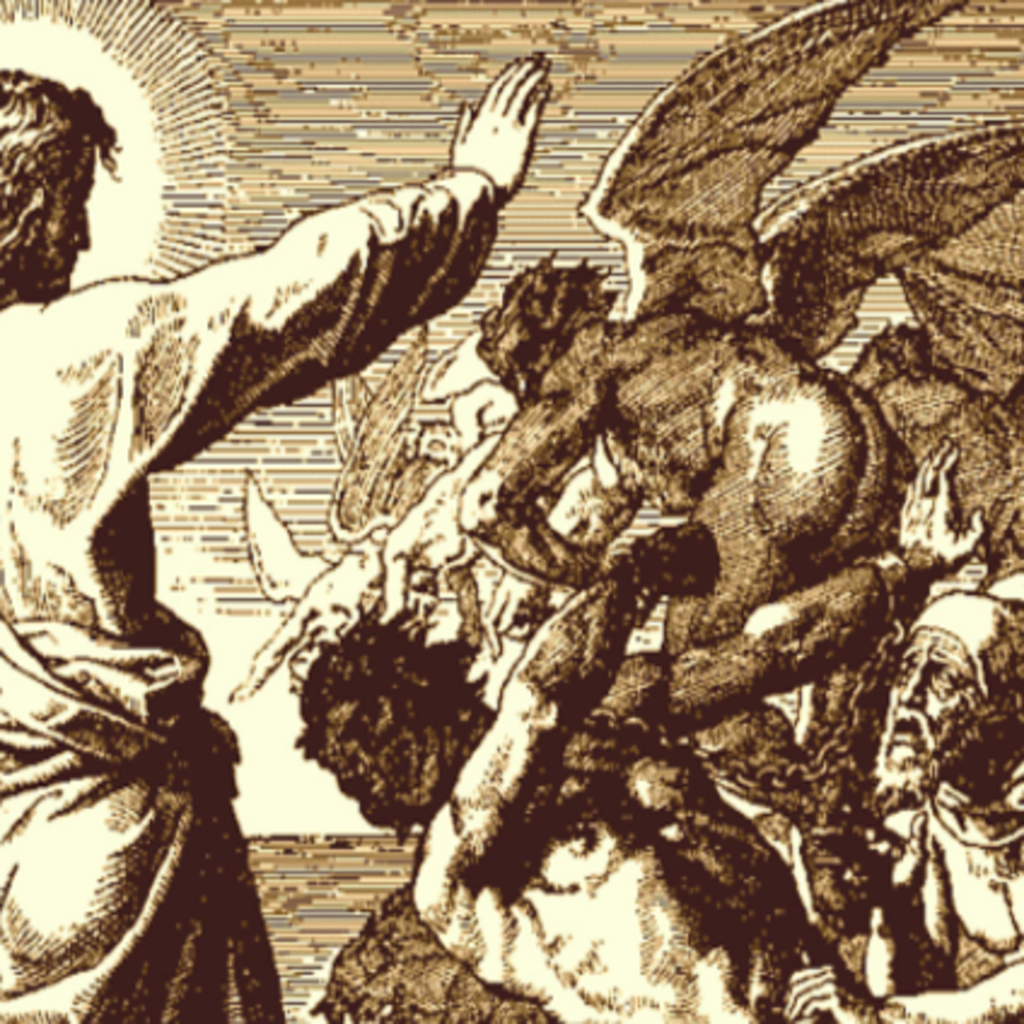
Popular culture often uses demonic themes for shock value, with many modern commentators denying the existence of Satan or demons outright. But believers benefit from understanding the reality of demonic influence, and clues to the nature of that influence are found in the demons’ own words in scripture.
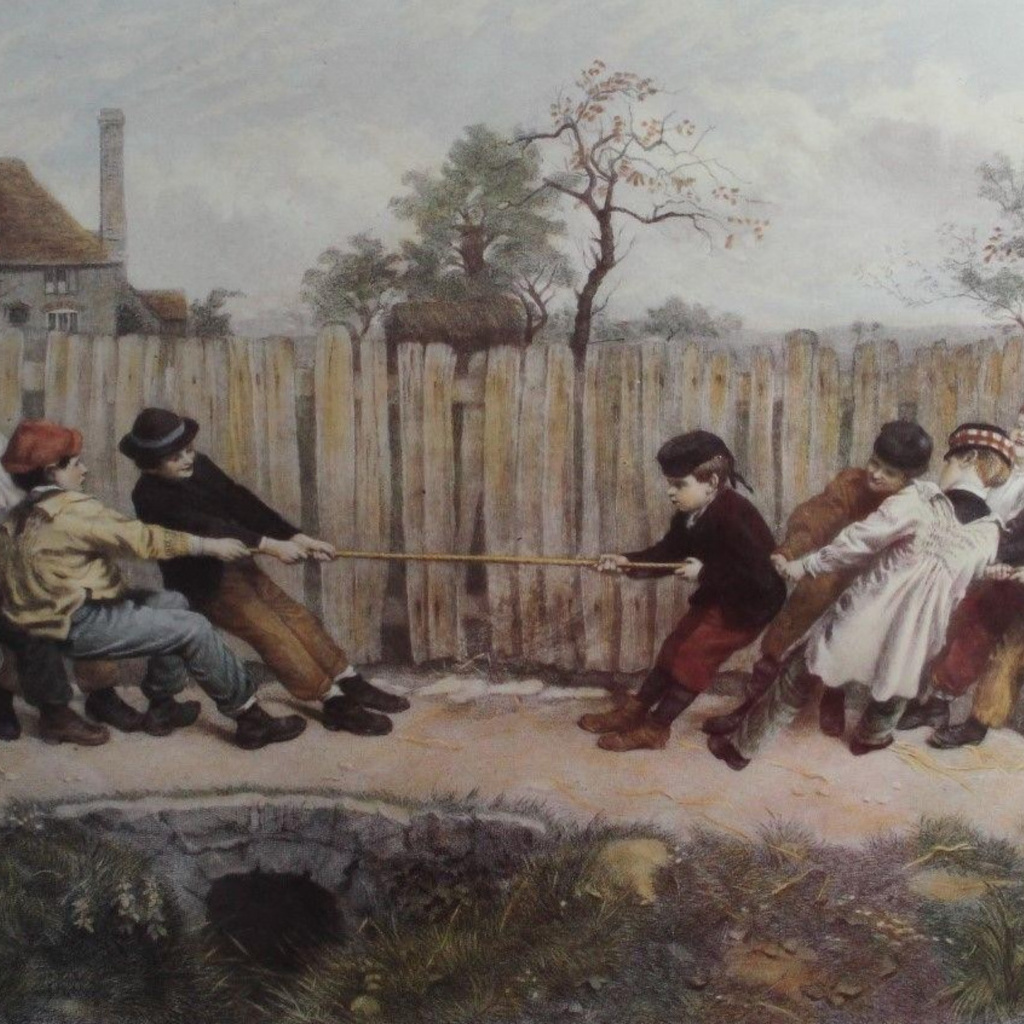
Unity of heart may be possible even when visions temporarily differ. But continuing to value and strive for growing unity of mind is also crucial to the body of Christ.